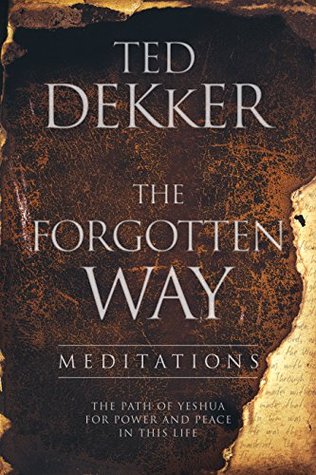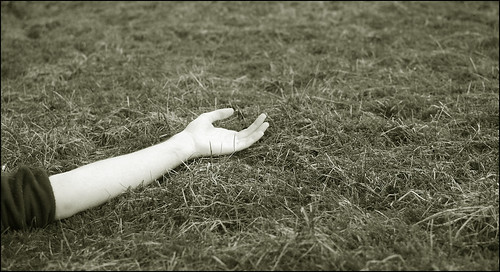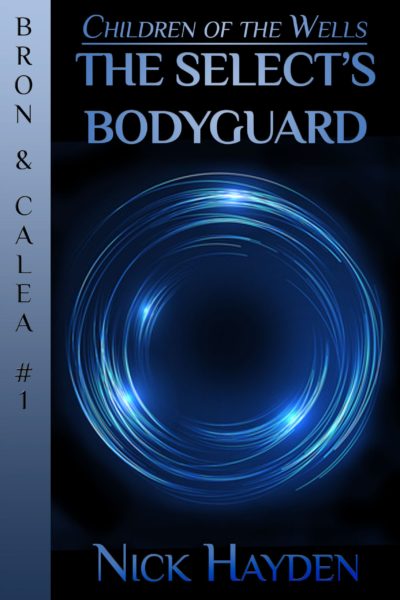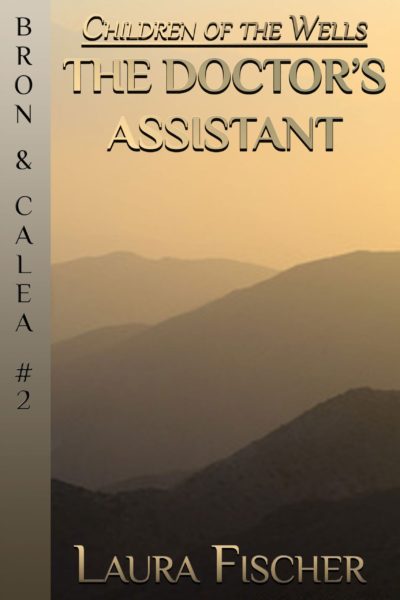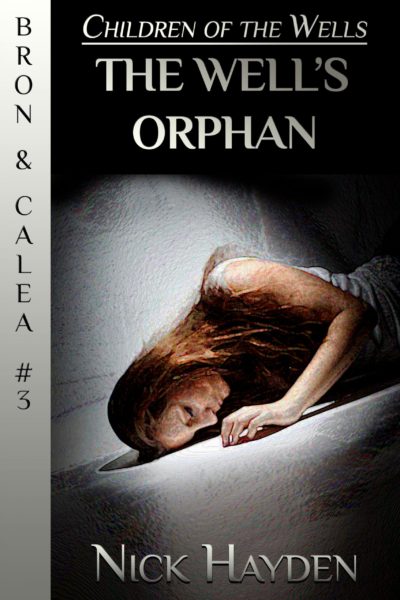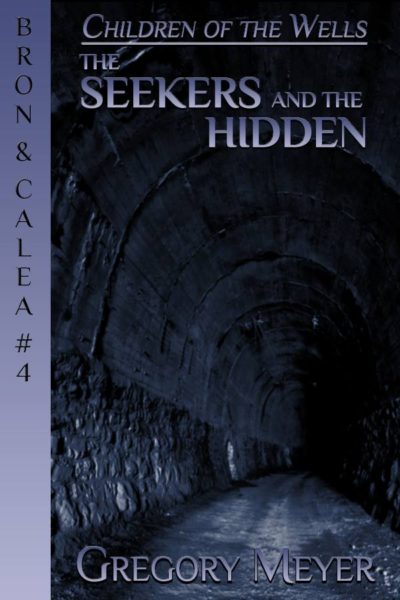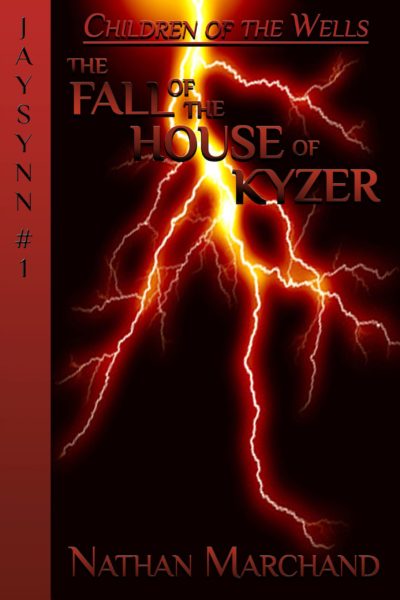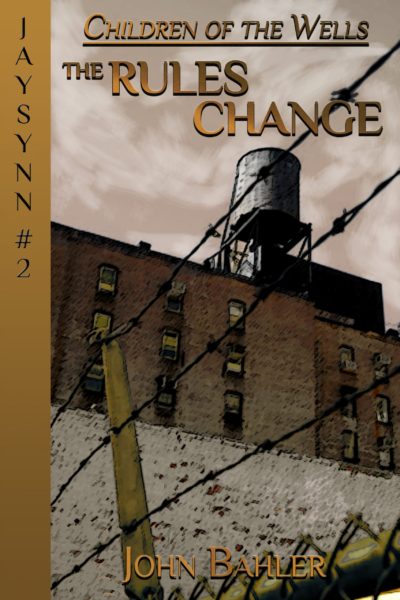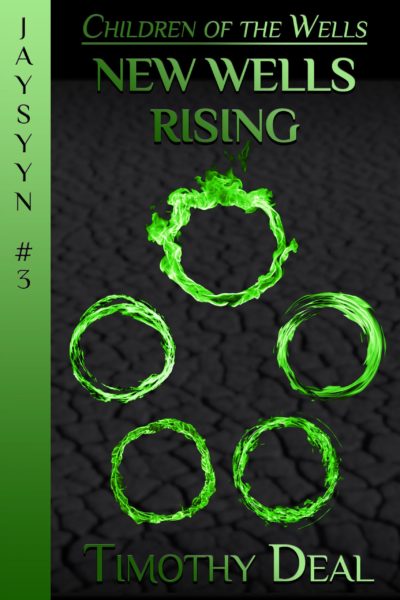by Nick Hayden
December 9, 2016

ASSY / Pixabay
The Saturday after Thanksgiving we made the six-hour trip from Peoria, IL, back home. By the last hour, all the kids (and the adults) were tired and bored and ready to be done. I put on the Muppets Most Wanted soundtrack and we bounced to the ridiculous songs. (The “Interrogation Song” is simply wonderful.) I was caught up, as I often am at unsuspecting moments when lively music is playing, in an almost aching sense of joy and expectation.
And it hurt, because while I felt a sort of inexpressible life, I knew it would pass, that it would drift away, and that I could not hold onto it. Next time I listened to those songs, it would not feel quite the same. The joy was destined to be short-lived. It was, by its very nature, transitory–and that is partly why it ached.
And, yet, I think this ache might be one of the truest marks of real joy. In a broken world, among fallen men, what else could real joy be but the merest glimpse of what we were destined for–and still are, if we will accept Jesus at his word.
When one of my friends read my new short story collection, Behind the Curtain, he joked that I should call it “Happy Stories of Death.” In many ways, that’s a valid summary. The stories circle around the search for something beyond–like that glimmer of joy with which, if you could just capture it and hold onto it, you would be happy to live forever. But these stories are filled with death and madness and deceivers, because the glimpse comes amid pain and confusion and the source of it cannot be found, really, in this life.
I’ve told my wife that sometimes I think I only really have one story to tell, and that I just keep attempting variations of it. That story is faith, man’s struggle to believe, the journey to fill the hole within, the quest to find God. Take Obed, from The Unremarkable Squire, who finds he serves one he doesn’t quite know yet; or Strin, from The Remnant of Dreams, trying to save all his people by his own efforts because he cannot believe in God; or Fitzwilliam Fitzwallace, from The Isle of Gold, who desires not only a drink of water, but to taste the experience of everything within the Sea; or Calea, from The Well’s Orphan, who is afraid to die, but doesn’t know why she lives. Everyone is looking for something, in fiction…and in life.
I started writing this blog only wishing to somehow collect my thoughts from my Thanksgiving trip home. But now that I’ve come this far I find myself thinking on Christmas. The answer to all my stories, to all the searching, is found ultimately in the stable, in the child who is somehow God, in the immortal man willing to suffer and die, in God seeking us out first.
That is where my stories are wrong. It’s good drama to have your hero search and overcome. But we aren’t the heroes. We’re the rebels. We aren’t looking for him; but he has found us. And He has offered us Himself.
Someday we will have Him completely. We will know as we are known. But for now, in this still-waiting world, we have glimpses. A moment of glorious happiness, tinged by sorrow, upon a road trip is one of them. Because everything will disappoint until we are with Him; and then we will dwell in the fullness of joy forever.
This blog was originally posted at Works of Nick.


